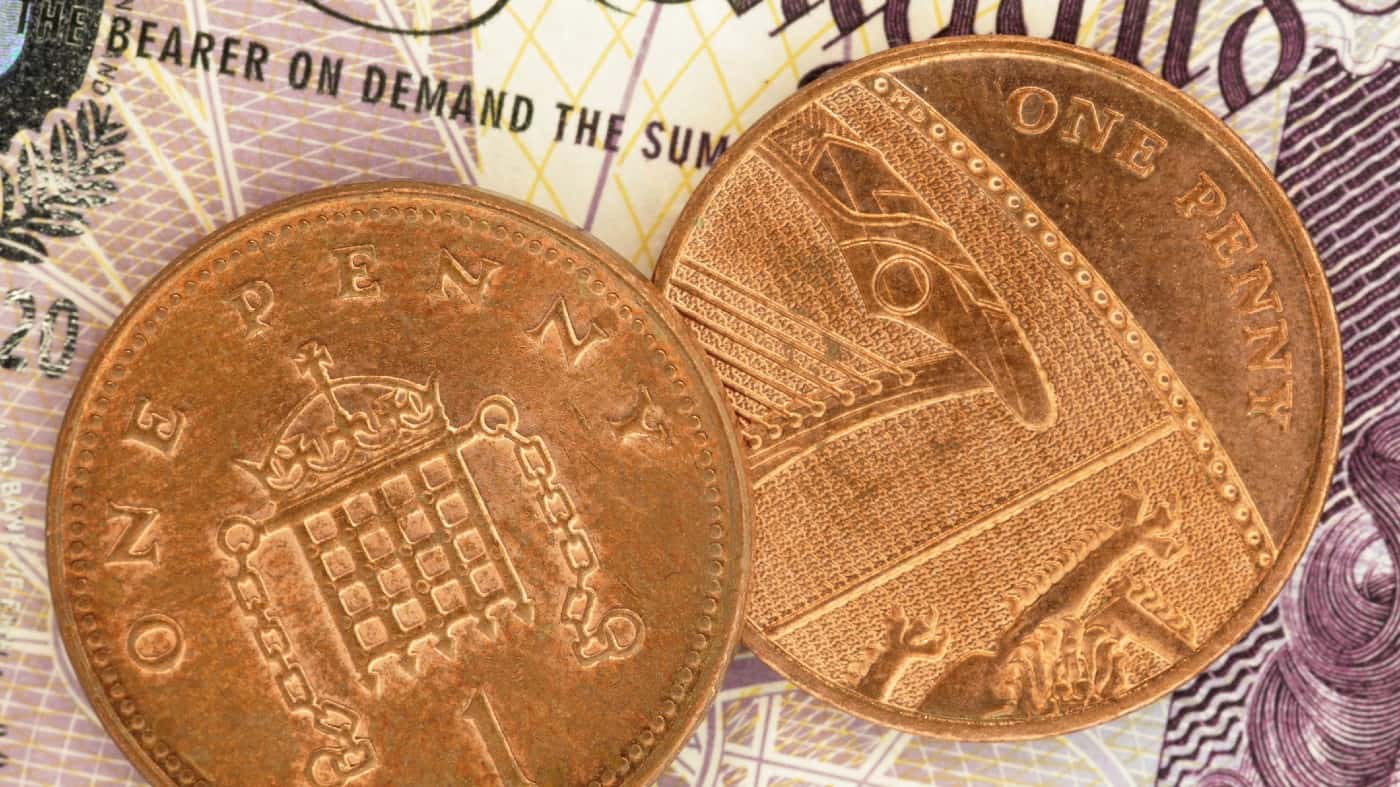Some investors become fixated on price when it comes to penny stocks. But for me, considering whether to buy a particular penny stock – like any other share – is all about value. Do I stand to gain meaningfully more in value than I pay for the share?
One penny stock I have been eyeing for my portfolio offers profits, sales growth, and a strong dividend yield. Should I buy?
Strong business
The share in question is Topps Tiles (LSE: TPT).
Should you invest £1,000 in Legal & General right now?
When investing expert Mark Rogers has a stock tip, it can pay to listen. After all, the flagship Motley Fool Share Advisor newsletter he has run for nearly a decade has provided thousands of paying members with top stock recommendations from the UK and US markets. And right now, Mark thinks there are 6 standout stocks that investors should consider buying. Want to see if Legal & General made the list?
Right now I could buy a couple of Topps shares for around a pound. They have fallen 27% over the past five years.
But despite that share price performance, I think the company looks in fairly good shape. In the long term, I expect demand for tiles to remain resilient, although a recession or property market crash could hurt short-term sales.
Within that market, Topps has a strong position. In fact it is well on track to achieve target market share of 20% by 2025 under its ‘1 in 5 by 2025’ plan. Last year, Topps grew its market share from 17.6% to 19%.
Sales grew 8.4% last year, and last week the company reported a record first half, with revenues growing 9.5% compared to the same period last year.
The business is profitable, with post-tax earnings last year coming in at £9.1m. That compares to a market capitalisation of £98m. Given that the company ended last year sitting on adjusted net cash of £16.2m, that looks like an attractive valuation to me.
The dividend grew 16% last year, to 3.6p per share. Given the price of this penny stock, that means the dividend yield is 7.3%. I also see potential for further dividend increases in future if profits grow.
Possible risks
However, Topps has stubbornly remained a penny stock for quite a few years, well below its former highs.
That reflects some of the risks involved. Given its exposure to the building trade, a downturn in the housing market could hurt sales and profits at Topps. This year has started well, but as we have seen with previous property downturns, things can deteriorate quickly.
High inflation is a threat to profitability at the company. Last year’s revenue was almost a quarter of a billion pounds, but pre-tax profit of £10.9m means the company’s profit margin was just 4.4%, even before allowing for the impact of tax.
Possible penny stock purchase
Those fairly thin margins concern me, especially against a backdrop of ongoing inflation and an uncertain housing market.
But I do like Topps’ strong position within a sector I expect to do well in the long term. I appreciate its cash generation ability and also the prospect of a juicy dividend if I buy the penny stock. If I had spare money to invest today, I would be happy to add it to my portfolio.








